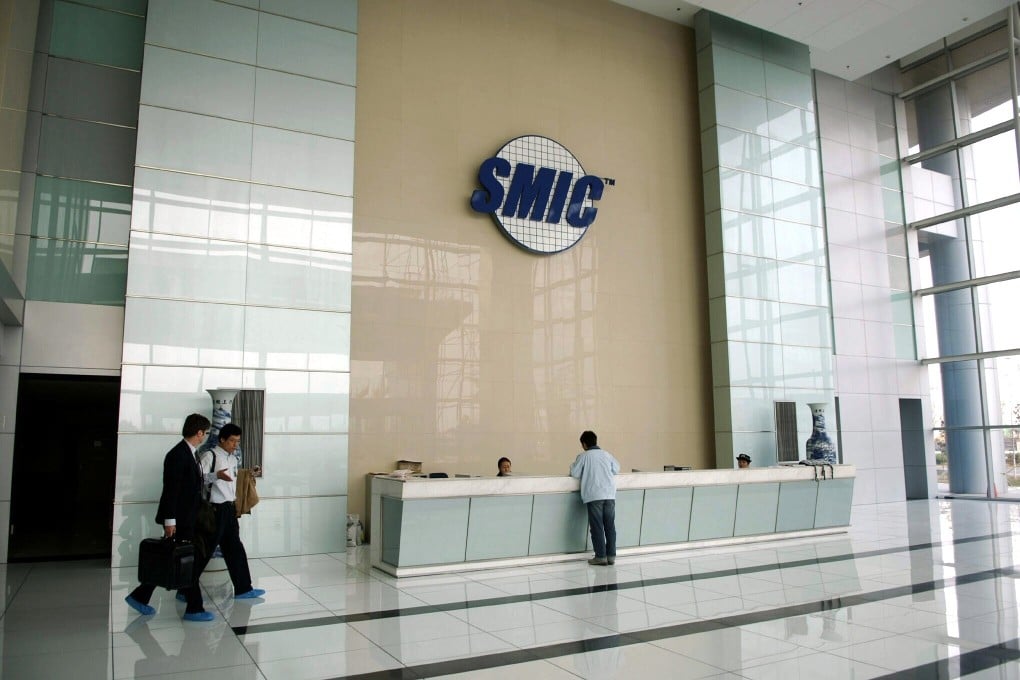Hong Kong stocks end week lower after SMIC and CNOOC decline following US blacklisting
- The Hang Seng Index rose 0.4 per cent on Friday, but fell 0.2 per cent for the whole week
- China stocks, in a “soft bull cycle”, record a third week of gains

Hong Kong stocks ended the week lower after the Trump administration added four more Chinese companies, including SMIC and CNOOC, to a blacklist on Thursday. China stocks, on the other hand, were in a “soft bull cycle” and recorded a third week of gains.
The Hang Seng Index rose 0.4 per cent to 26,835.92 on Friday, but fell 0.2 per cent for the whole week. The Shanghai Composite Index rose by 0.07 per cent to 3,444.58, gaining 1.1 per cent for the whole week. The gauge has now risen for three continuous weeks.
The impact of the blacklisting will be limited, said Alan Li, portfolio manager at Atta Capital in Hong Kong. “Market sentiment is still trending positive … although the names of the four companies were confirmed on Thursday, the news had already been digested by the market this week,” he said.
SMIC shed 5.4 per cent to HK$21, after it resumed trading in the afternoon on Friday. CNOOC led the declines among blue chips on the Hang Seng Index with a 3.9 per cent drop to HK$7.40.
Trade in SMIC’s shares was suspended in the morning. In the afternoon, the semiconductor maker refuted Washington’s claim that it was a military firm in an exchange filing. “The company’s services and products are all for civilian and commercial end uses, and are not involved in any military application,” it said, adding that it “strongly” opposed the US’s decision, which reflected a “fundamental misunderstanding” about the end use of its business and technology.
American investors will now not be allowed to buy its stock for 60 days starting Friday, and will no longer be able to deal in the securities after 365 days, the company said.